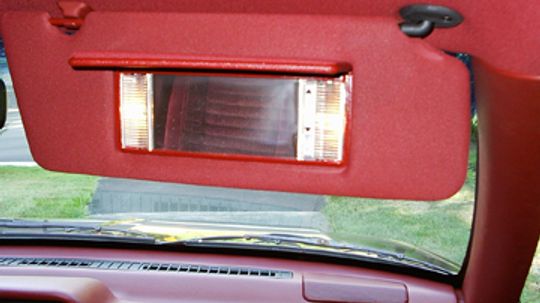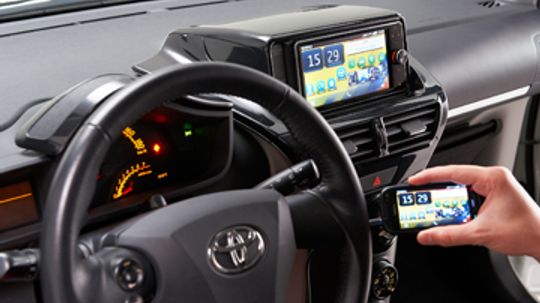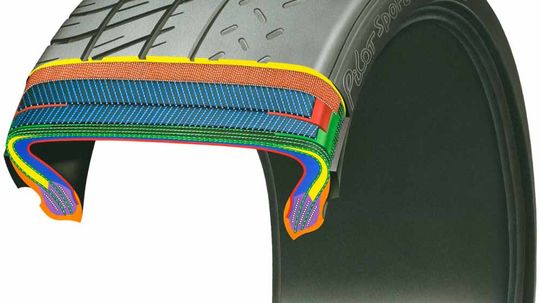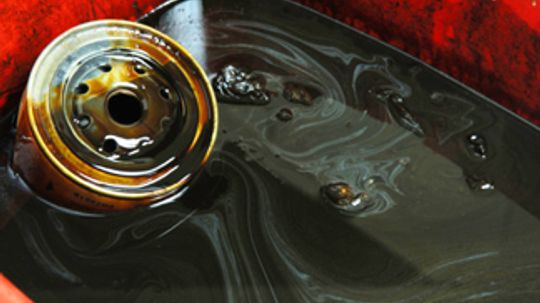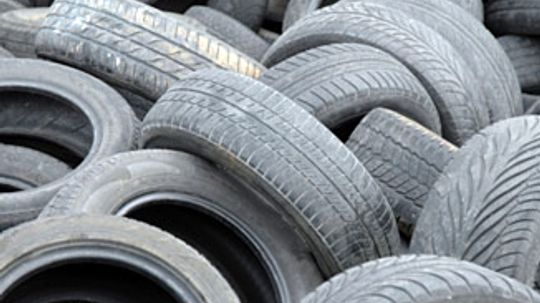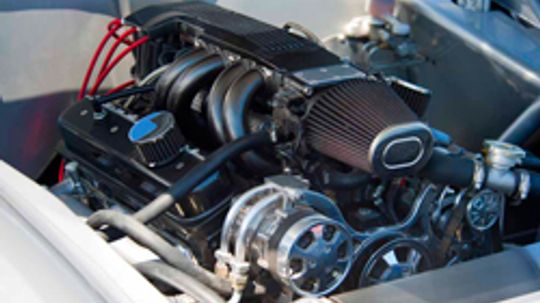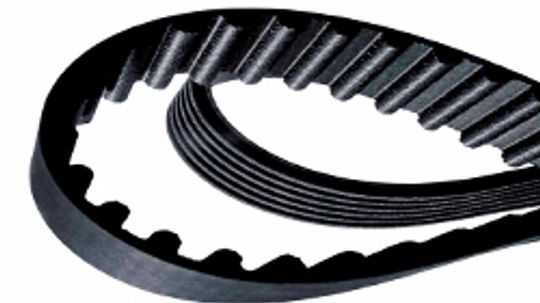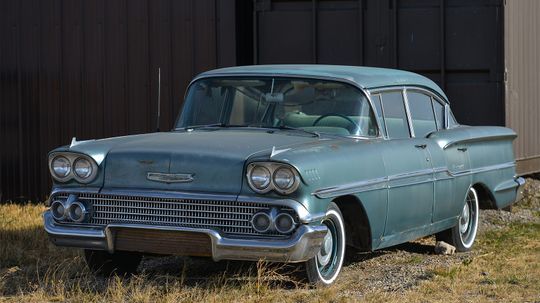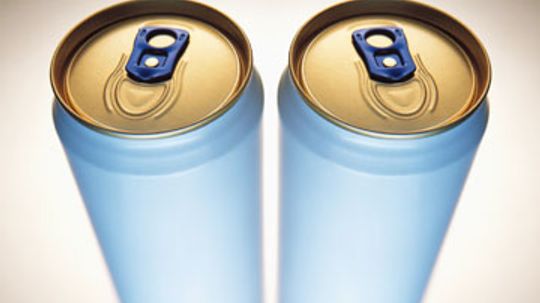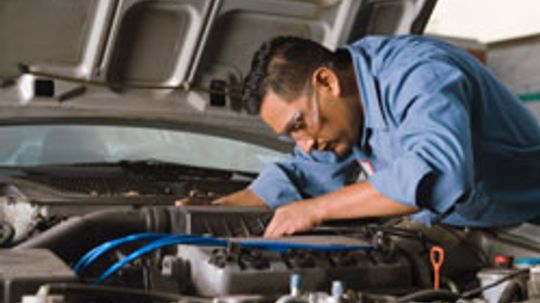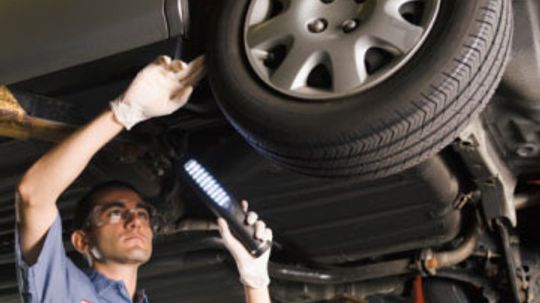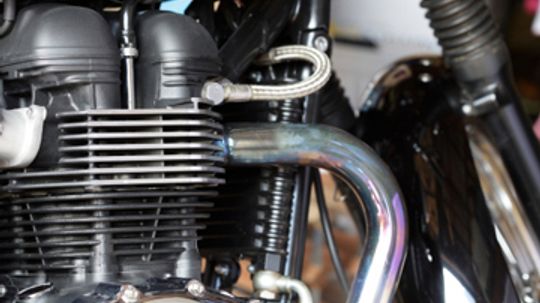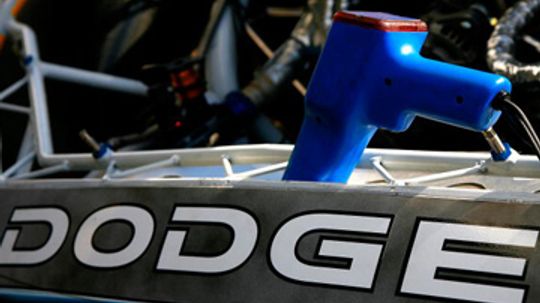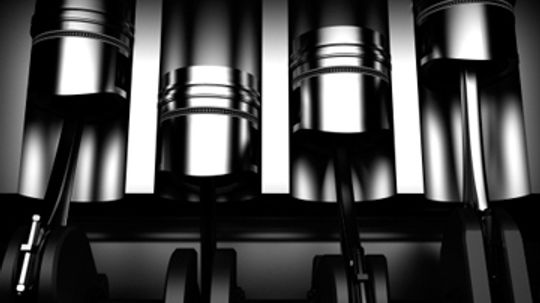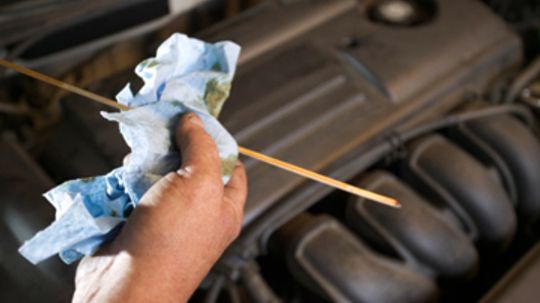Under the Hood
The Under the Hood Channel explores the systems that make your car function correctly. Learn about car parts and systems and how to do routine maintenance.
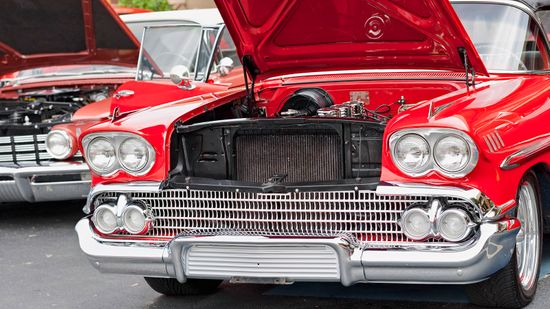
10 Popular Car Modifications

10 Car Accessories That Could Be Dangerous

What makes certain car accessories unsafe (or even illegal)?

Modern Cars Are Kind of Boring. Why Is That?
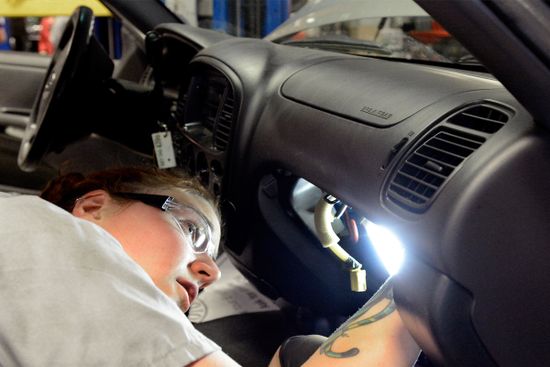
Can car companies let known defects go without a recall?

Do car interiors turn toxic in the summer?

Making a Car Last for 300,000 Miles Is Totally Possible — Here's How
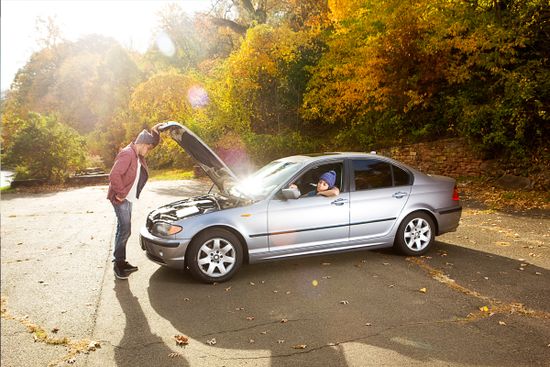
Are cars designed to fail at a certain point?
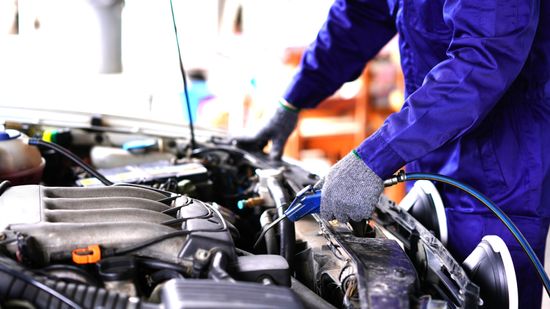
Will it hurt to spray electrical contact cleaner in an ignition?
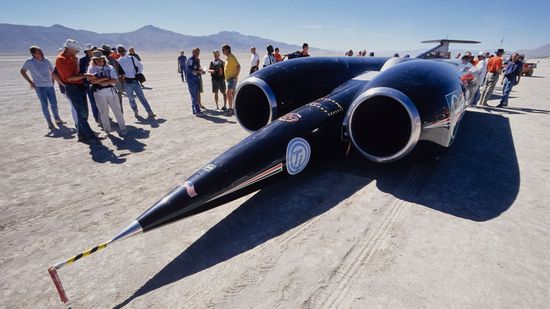
What's the Fastest Car in the World?
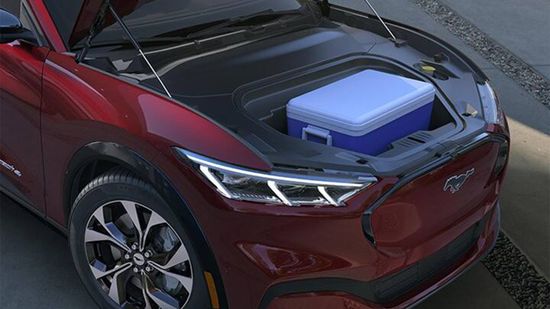
Is Your Junk in the Trunk or the 'Frunk'?

The GM Car That Has No Steering Wheel or Pedals

The Long Strange History of License Plates in the U.S.

Do red cars get pulled over more often for speeding?
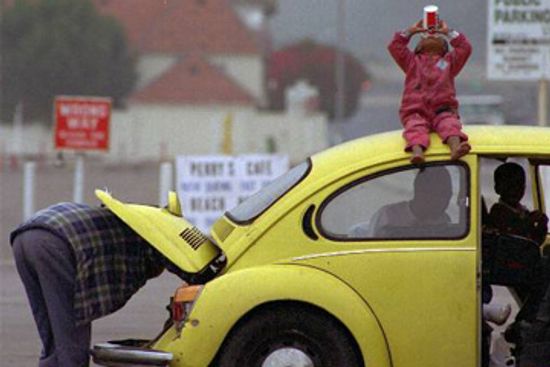
Are extended car warranties worth it?
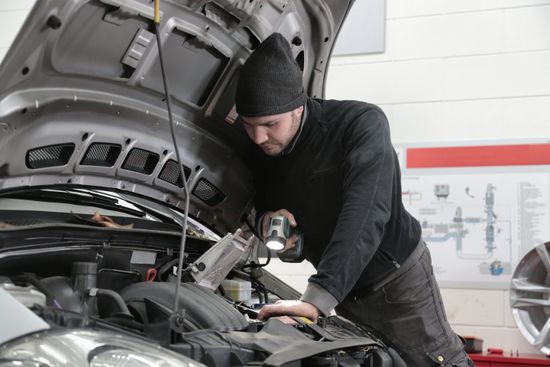
8 Signs to Identify Bad Fuel Pump Symptoms
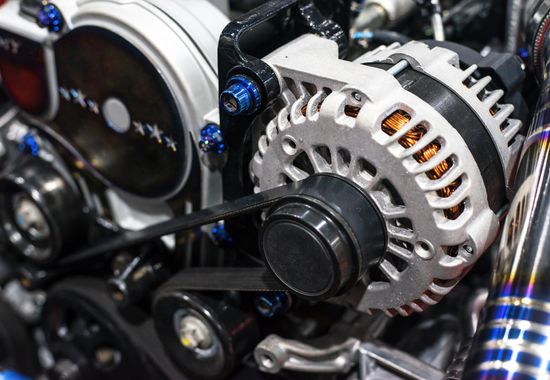
All You Need to Know About Bad Alternator vs Bad Battery
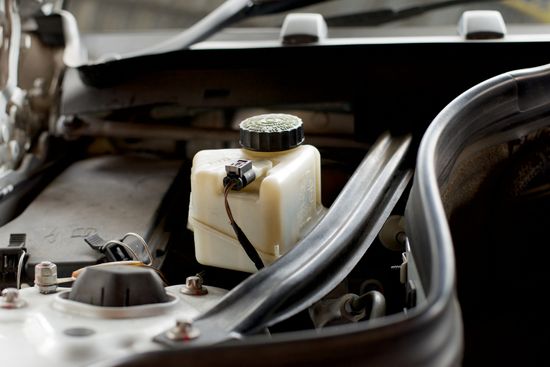
How to Diagnose and Fix a Brake Fluid Leak
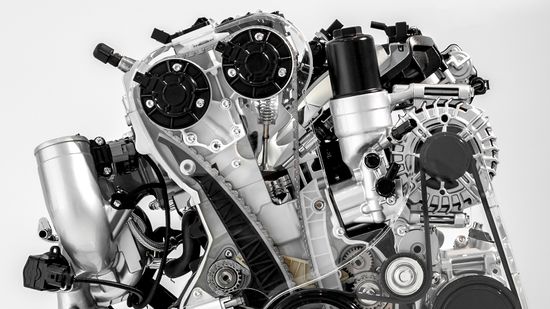
Why the V Engine Remains a Top Choice for Car Enthusiasts

How Gas Compression-ignition Engines Work
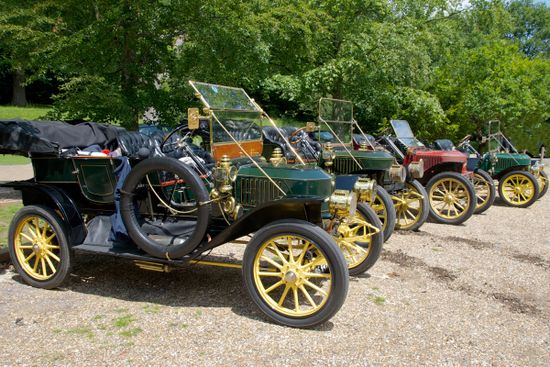
Did cars ever have external combustion engines?

Diesel Isn't Always a Worse Polluter Than Gasoline

How Coal Rollers Work

How Much Air Pollution Comes From Cars?

10 Cold-weather Motorcycle Accessories

Is all motorcycle apparel made of leather?

What motorcycle accessories will help me stay cool?

How Laser-powered Headlights Work

How Air-Conditioned Seats Work

5 Useful Voice-activated Commands for Your Car

How to Avoid a 'Hurricane Car'
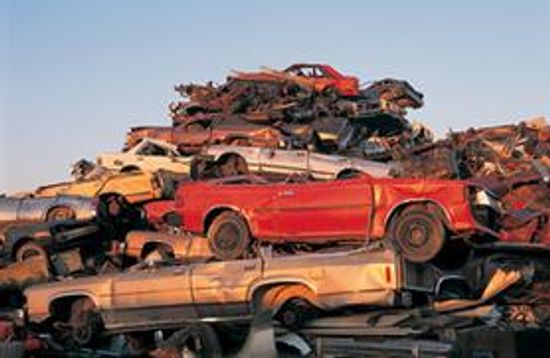
6 Automotive Parts You Can Easily Recycle
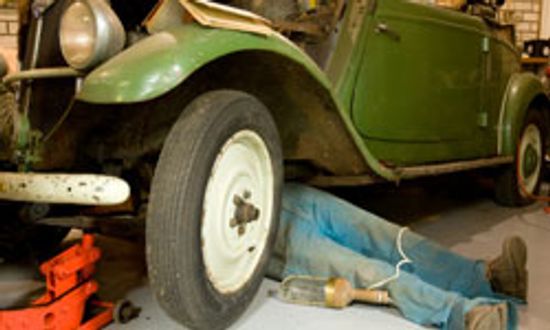
10 Places to Look for Classic Car Parts
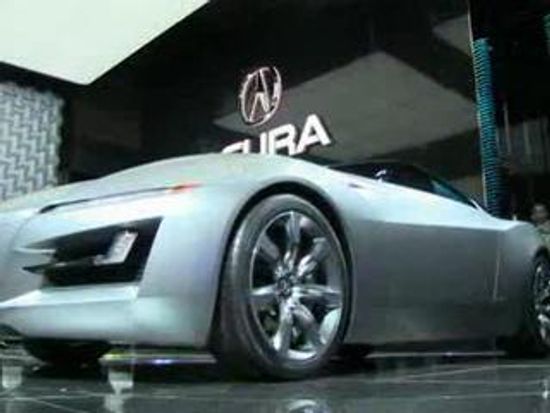
How Does Vertical Acceleration Work?
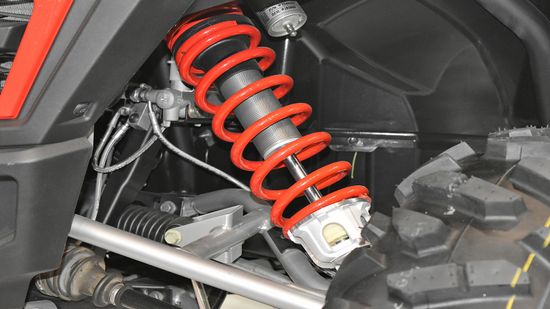
How Car Suspensions Work
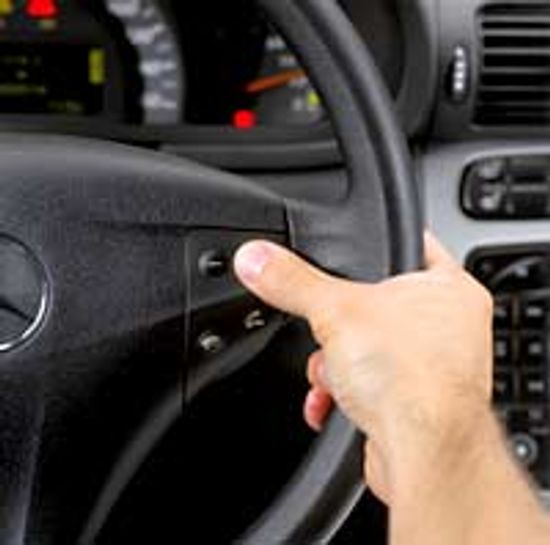
How Car Steering Works
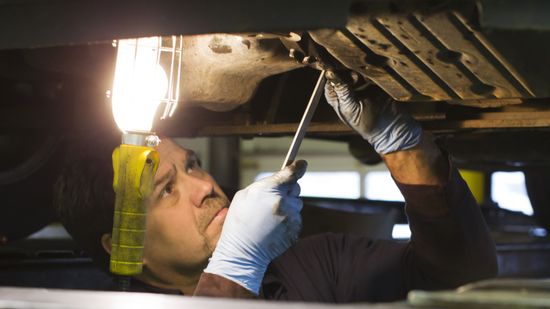
How Differentials Work
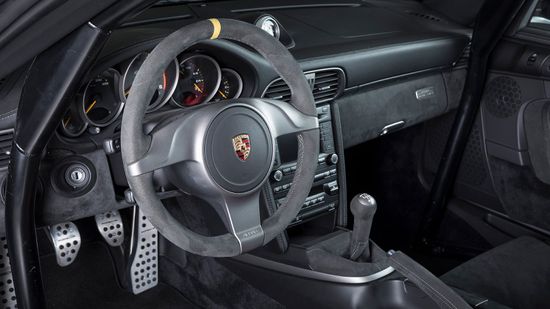
Why the Stick Shift Is Going Extinct

Gas-powered vs. Electric Cars: Which Is Faster?
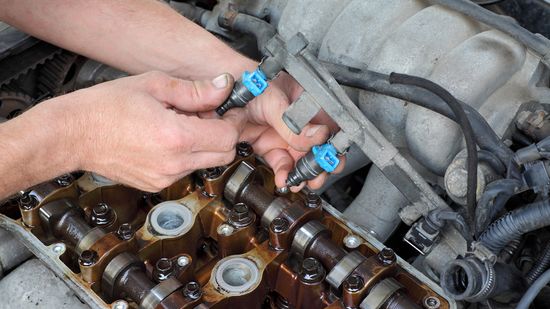
How to Clean Fuel Injectors at Home
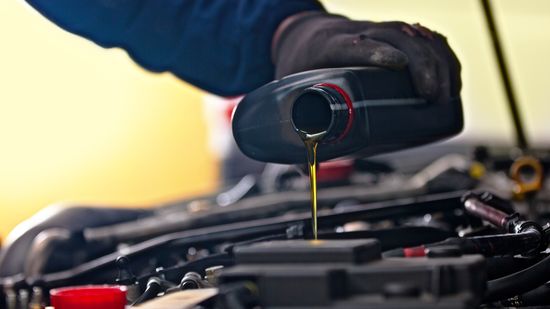
The Dirty Truth About How Often You Need Your Oil Changed
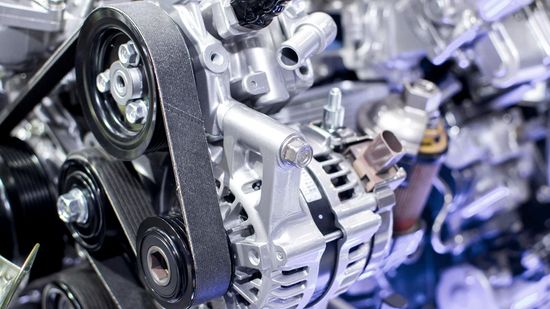
How to Replace Your Car's Alternator Belt

How Many Wheels Are in the World?

Why Do Tires Blow Out More in Summer?

Winter Tires Really Do Make a Difference in the White Stuff
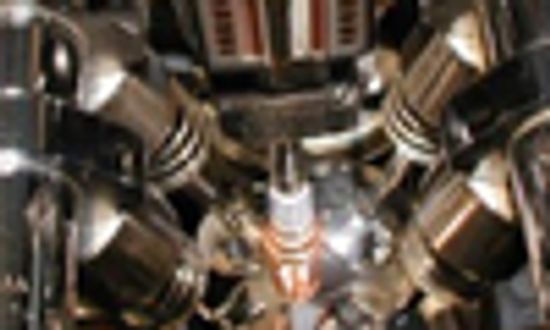
How Automobile Ignition Systems Work
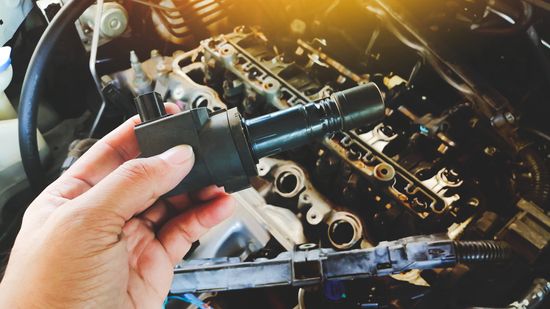
A Beginner's Guide to Ignition Coil Replacement?

Can your car tell you when the light's about to change?
Learn More / Page 4
A sun visor's primary role in any car is pretty straightforward, right? But as far as automotive designers and aftermarket electronics manufacturers are concerned, anything can be improved.
She talks, she jokes, she knows where all the best restaurants are, and she's even handy with a map. Now Siri may be coming to your car.
By Chris Opfer
Most auto manufacturers want to make it clear that they're not trying to take driving away from the driver. But research shows that we could use a little help in the braking department.
Advertisement
Do you know how sleeve valve engines work? Check out this amazing graphic that explains how sleeve valve engines work!
From a user's standpoint, MirrorLink is pretty slick. It's the magic that makes your smartphone's computer and the car's computer talk to each other.
Did you know that Goodyear has been making run-flat tires for NASCAR since 1966? Decades later, tire engineers are still perfecting the design for everyday drivers on public roads.
Thieves and thugs will always find a way to take something they didn't work for. But just how vulnerable are modern automobiles to a high-tech attack?
Advertisement
Modern car engines can create massive amounts of horsepower -- and everyone wants more power, right? But how much is too much? And how much is just enough?
In an age of diminishing fuel resources and increasing gasoline costs, auto manufacturers are doing everything they can to make cars more energy efficient.
Whether you're debating the need for oil independence or discussing the environmental impacts of oil drilling, there's no doubt about it: Oil is a hot topic of conversation. However, do you know the proper way to recycle it?
You see it every time smoke billows from your car's exhaust pipe. There's no denying that vehicles are major contributors to air pollution. But how much are they responsible for?
Advertisement
You could burn your old tires and pollute the air with dangerous toxins. Or, you could do the right thing and recycle them. Where and how is that done?
There are lots of reasons a car or truck can shake and rattle while it's on a roll; but engine vibration is one reason that deserves a little extra special scrutiny.
Look under the hood of most cars and you'll probably find one or more pulley-driven belts. But if one of those engine belts break, your car can suddenly become undriveable.
Engines were made to run; but if you've ever tried to start an old car that's been sitting unused for a long time, you know that it isn't always as easy as just turning the key.
Advertisement
With a simple soda can and a handful of basic tools and accessories, it's possible to make one of the first commercially viable engines ever made. Find out what makes a Coke can Stirling engine chug away.
By Eric Baxter
Have you ever considered finding out a way to make your car more fuel-efficient? Or do you just want to give the old heap some more kick? There are a few modifications you can make to improve engine performance.
By Brian Boone
If you own a car with a distributor, you might be able to improve your engine's performance with dynamic timing. How can you make sure everything's running at peak efficiency?
By Eric Baxter
When you think of your car's suspension, you probably envision creaky metal coils, right? That's not the only type of shock absorber available to make your ride smooth -- take a look at air suspension systems.
By Eric Baxter
Advertisement
Most modern cars use a water-cooled engine with a radiator, hoses and a water pump to circulate coolant throughout the engine. Air-cooled engines want none of this.
Timing lights come in a few different shapes and sizes, and range in features from bare-bones functionality to lots of bells and whistles. Do you know how a timing light works?
Just seeing the phrase "positive crankcase ventilation" probably makes your head hurt, because it sounds, well, complicated. But it really isn't all that complex.
Whether you're stuck behind a slow-moving pig truck or just trying to jump off the line at a red light, quick engine response is important. Here are 5 ways to get more out of your engine.
Advertisement
Your car's engine control module (ECM) continually monitors a vast network of sensors to ensure operating conditions are within normal range. Do you know what the ECM actually controls?
Unlike the ever-present ads for drugs on television, there are many pleasant side effects of keeping your car's engine lubricated with oil. Find out what it takes to keep things moving.
